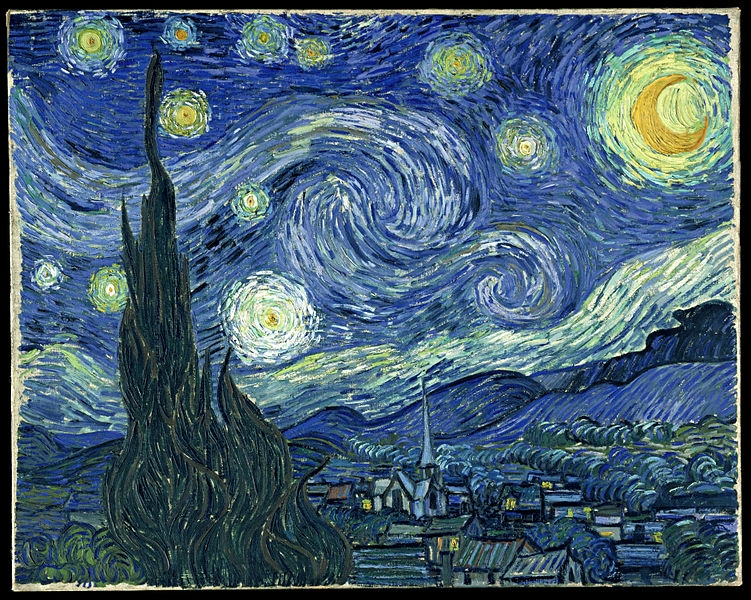


NEW YORK, NY – A wealth of statistical evidence has impelled scientists at Columbia University to blame man-made climate change on the liquefication of the final clock in Salvador Dalí’s renowned work “The Persistence of Memory.”
“When the painting was first completed in 1931, it is believed that all clocks therein were completely solid and circular,” said atmospheric science professor Michela Biasutti. “Now all four of the timepieces are entirely molten, and we have strong evidence to suggest that anthropogenic climate change is the culprit.”
Researchers in Biasutti’s group warn that, if nothing is done to reduce greenhouse gas emissions, the celestial objects in Van Gogh’s “Starry Night” might eventually become “obscured by thick smog,” and that the subject in Da Vinci’s “Mona Lisa” may begin to “stop smiling.” They point to other alarming meteoro-aesthetic trends, such as the hard-boiling of nearly a dozen Fabergé eggs and the disrobing of Lady Liberty to urge politicians to implement sound environmental policies and avert an international catastrophe.
Despite this compelling evidence, denial of global warming is still widespread. Biasutti claims that at least some of reaction is due to “popularized misconceptions.”
“Global warming is a bit of a misnomer,” claimed Biasutti. “The temperature rising by a little bit wreaks havoc on broader meteorological trends. So while we’ve seen David wiping his forehead due to the Florentine heat, The Thinker was also recently spotted donning a cardigan to keep warm in a record-cold Parisian winter.”
At press time, Edvard Munch’s “The Scream” had remained unchanged by global weather patterns.


